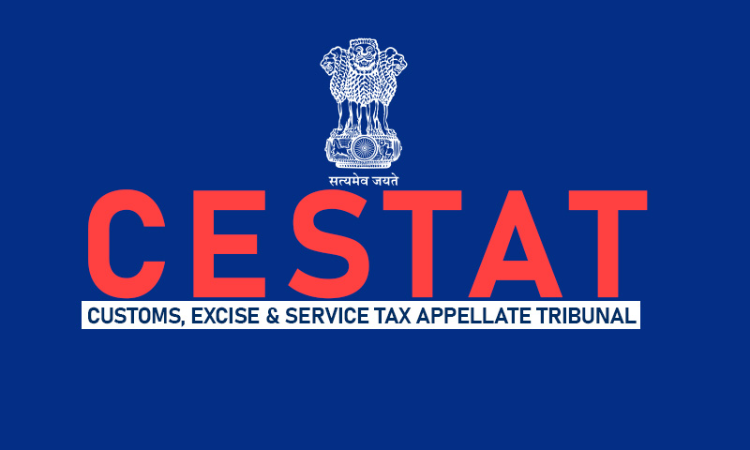The Delhi bench of the Customs, Excise, and Service Tax Appellate Tribunal (CESTAT) has observed that composite contracts involving supply of both goods and services could not have been taxed under the category “Erection, Commissioning, and Installation Services.”.The bench of Binu Tamta (Judicial Member) and Hemambika R. Priya (Technical Member) has observed that the taxable...

